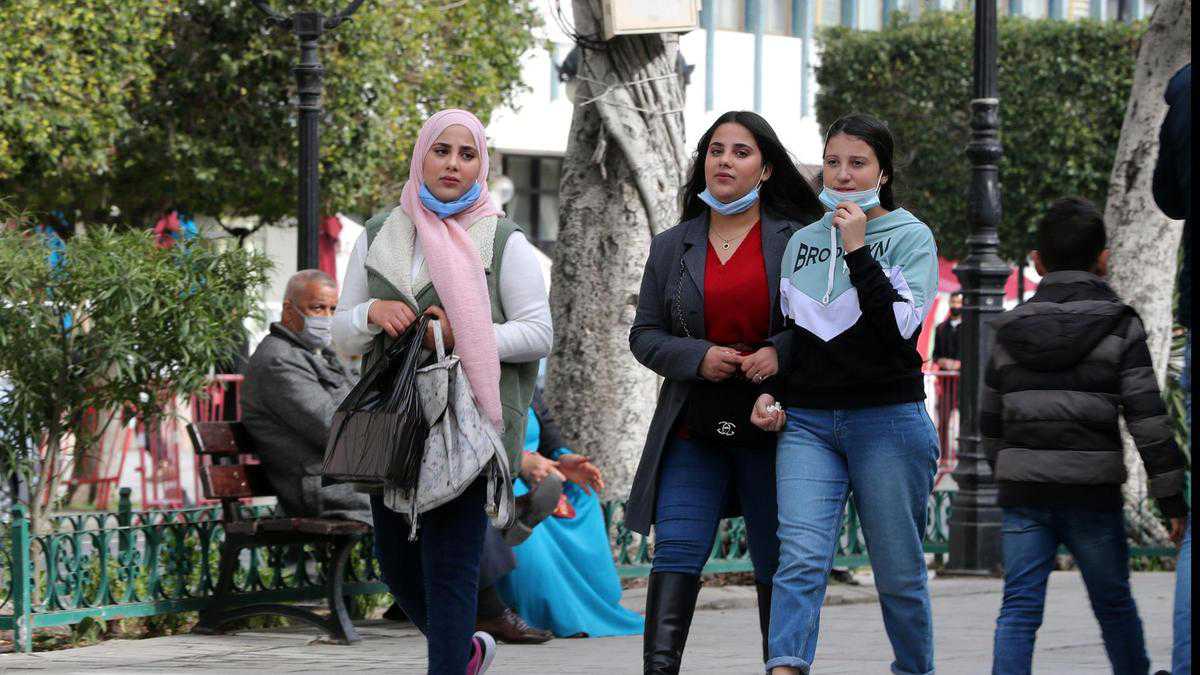IMF demands reforms found in Tunisia to lessen fiscal deficit
25 January, 2021

Tunisia’s economy is going to be estimated to possess contracted by 8.2 % in 2020, leading to bigger poverty and unemployment, the International Monetary Fund explained.
The North African country’s fiscal deficit is also estimated to have widened to 11.5 per cent of GDP due to lower revenue, an increased wage bill and transfers to state-owned enterprises, in line with the most recent report from the Washington-based loan company on the country.
Although the IMF expects Tunisia’s GDP growth to rebound to 3.8 % this year as the consequences of the pandemic-induced economical crisis get started to wane, it said considerable downside risks remain because of the uncertainty surrounding the length and strength of the pandemic and the timing of vaccination rollouts.
“Tunisia currently faces the dual task of saving lives and livelihoods before pandemic wanes, while needs to bring fiscal and exterior imbalances back to a good sustainable trajectory,” based on the statement from a great IMF staff carrying out a remote Article IV consultation mission.
“It is vital to strictly prioritise shelling out for health and social protection, while exerting control more than the wage bill, ill-targeted energy subsidies and transfers to state-owned enterprises.”
The fund expects Tunisia’s fiscal deficit to narrow to 6.6 per cent of its GDP this season, predicated on its 2021 spending plan. IMF personnel encouraged the government to continue to strengthen social safety nets and enhance open public investment.
Tunisia’s economy, which is largely reliant in tourism, has taken popular on the wake of the Covid-19 crisis. Moody’s expects its GDP to include contracted 6.5 % in 2020 and forecasts growth of 4 per cent this year as it recovers from the pandemic shock. The ratings firm expects growth to standard 2-3 % per year thereafter.
The IMF in April approved a $745 million emergency mortgage for Tunisia to help the united states mitigate the impact of the Covid-19 crisis on its economy.
It added that a credible reform method backed by Tunisian society and international development partners is critical to greatly help achieve durable and inclusive progress over the medium term. These reforms should covers Tunisia’s civil program wage bill, “currently among the highest on the globe”, subsidy reforms, the function of state-owned enterprises throughout the market, the informal sector, tax collateral, anti-corruption reforms and the business environment, based on the release.
The IMF also known as on the Central Lender of Tunisia in order to avoid future monetary financing of the federal government since it risks reversing gains achieved in conditions of lowering inflation and may weaken the country's exchange rate and its foreign currency reserves, undermining financial stability. It added that financial policy should continue its focus on inflation by steering policy prices and preserving exchange price flexibility.
“Raising potential and inclusive expansion will require more private sector initiative and competition, including by detatching monopolies and other distortions,” the IMF said, welcoming the government’s try to cover for least 30 per cent of the nation’s strength desires through renewables by 2030.
Source: www.thenationalnews.com
